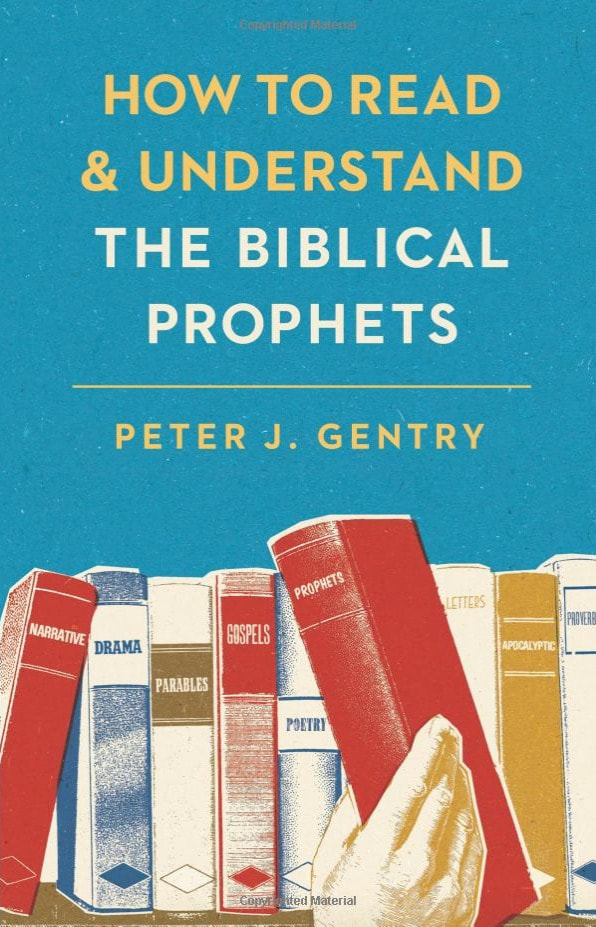- Store
- >
- Old Testament Studies
- >
- How To Read And Understand The Biblical Prophets by Peter J. Gentry
How To Read And Understand The Biblical Prophets by Peter J. Gentry
SKU:
$17.99
$11.95
$11.95
Unavailable
per item
Reading Level: Moderate High. This is not a light read, but is readable and extremely important. Roll up your sleeves and go to work. You won't be disappointed.
From the back cover:
From the back cover:
The Prophetic Books of the Bible are full of symbolic speeches, dramatic metaphors, and lengthy allegories—a unique blend of literary styles that can make them hard to comprehend. How can we know if we are reading them the way God intended them to be read?
In this accessible guide, leading Old Testament scholar Peter Gentry identifies seven common characteristics of prophetic literature in the Bible that help us understand each book’s message. With illustrations and clear examples, Gentry offers guidance for reading these challenging texts—teaching us practical strategies for deeper engagement with the biblical text as we seek to apply God’s Word to our lives today.
Brand new paperback copies available.


